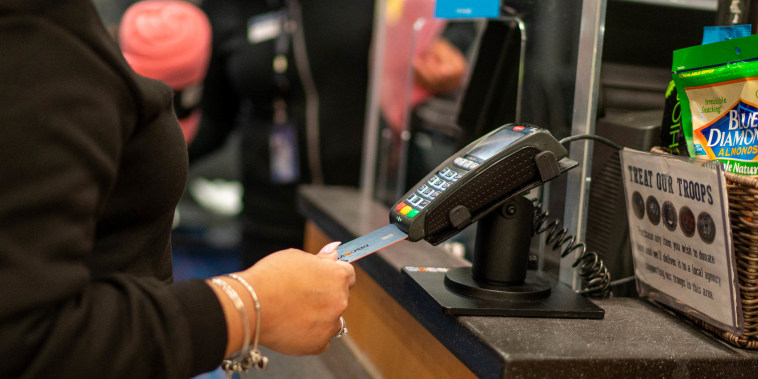
Skyrocketing Credit Card Balances Hit New High at $6360: A Shocking 10% Jump as More Consumers Struggle With Payments
Credit card balances in the United States have seen a substantial increase, averaging at a record-breaking $6,360 per cardholder, which is a significant 10% surge compared to the previous year. This leap in outstanding amounts is a clear indication that more consumers are succumbing to financial pressure and falling behind their repayment schedules, which signals concerning issues within the realm of personal finance and economic stability.
A survey acknowledged the fact that credit card debt has been a constant challenge for many American citizens for a long time. Credit card debt had already been increasing at a steady pace before this recent discovery of the drastic jump. However, the 10% figure can be considered as a tipping point, exposing the gravity of the situation.
Numerous reasons could be attributed to this startling increase among consumers. Firstly, the perpetual rise in the cost of living, coupled with relatively stagnant wages, forces a considerable number of consumers to resort to credit cards to bridge the gap between incomes and expenditures. These discrepancies lead to the accumulation of debt that consumers struggle to pay off, causing a cyclic pattern of debt accrual.
Secondly, unusual events, like the Coronavirus pandemic, have heightened the issue further. Many people employed in sectors severely affected by the pandemic have either lost their jobs or faced substantial pay cuts, causing them to depend heavily on credit cards to sustain. This reliance has inevitably led to their credit card balance soaring up, and with limited or no income, repayment becomes challenging, causing them to fall behind on payments.
Thirdly, there exists a group of consumers who use credit cards imprudently, spending beyond their means. This overspending and failure to manage finances well have led this group into a debtor’s trap, contributing to the overall rise in the average credit card balance.
Moreover, predatory lending practices by some credit card companies also contribute to this issue. Offering high credit limits without adequate checks on the borrower’s repayment potential, coupled with exorbitant interest rates, leads consumers into a debt spiral, further escalating their balances.
These higher credit balances come with several consequences. Firstly, the ability of a consumer to borrow in the future could be severely hampered. This situation is a consequence of the negative impact that significant debt has on an individual’s credit score.
Secondly, the consumer’s financial health is undermined. Essential needs like housing, food, or healthcare might be pushed down on the priority list as servicing the credit card debt takes prominence. Surprisingly, it may trigger mental health issues due to the stress
